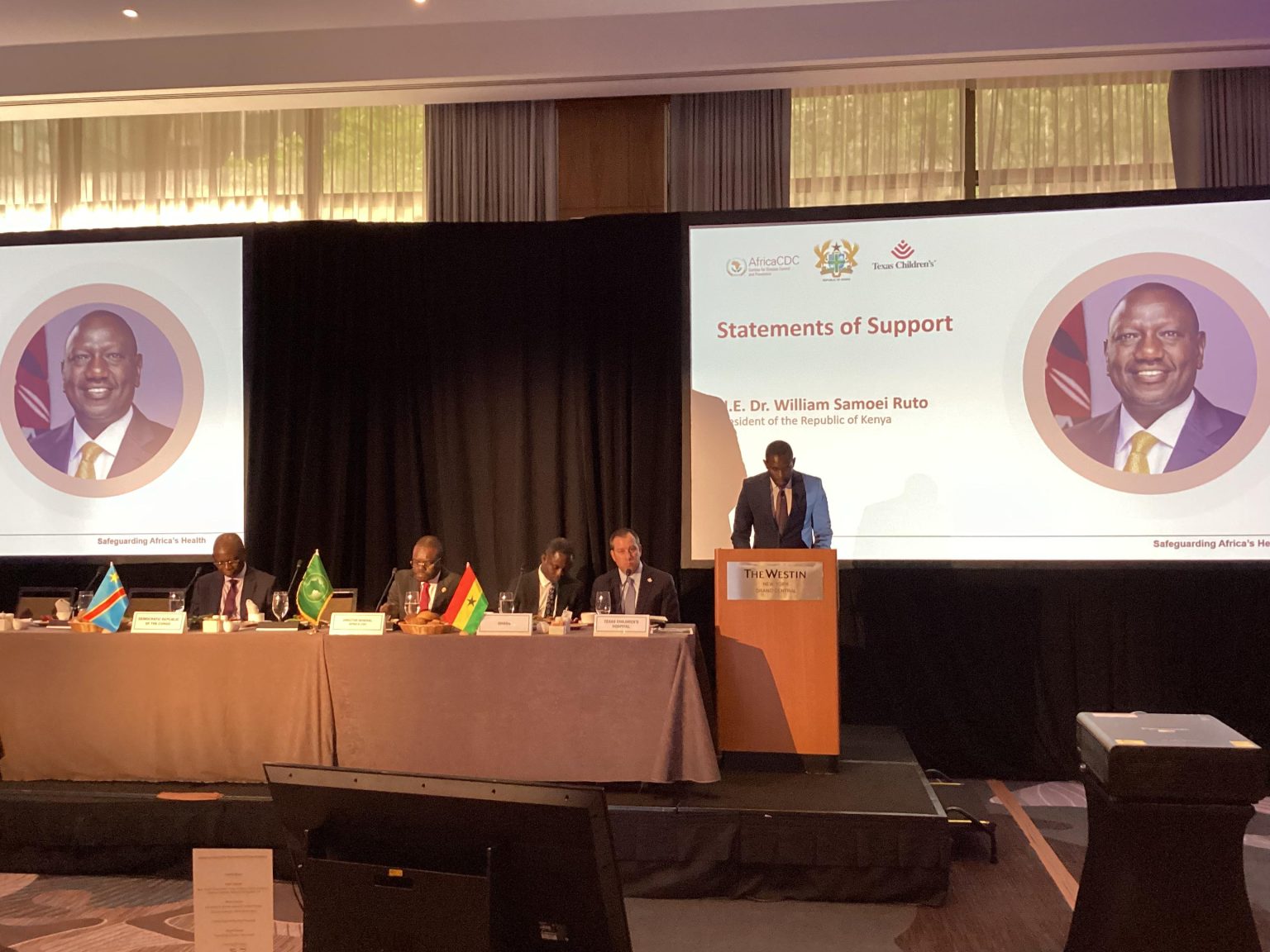Kenya has unveiled plans to make sickle cell screening mandatory in routine maternal and child health visits.
This bold step is aimed at ensuring no child is left behind.
The announcement was delivered by the Medical Services Principal Secretary Dr Ouma Oluga.
Oluga represented President William Ruto at a high-level event on sickle cell disease during the 80th United Nations General Assembly in New York.
Dr Oluga decried the neglect of sickle cell disease, noting that millions of Africans continue to suffer in silence and that many die painful, preventable deaths.
He highlighted the heavy toll in Kenya, where an estimated 14,000 children are born with the condition annually and up to 90 per cent die before the age of five.
The PS pointed to progress already made, including Kenya’s first National Guidelines for the Prevention and Management of Sickle Cell Disease (2021) and the Policy Guidelines for Infant Screening (2023).
He said these measures had institutionalised early detection and lifesaving interventions.
To address financial barriers, Dr Oluga outlined the government’s creation of three new health funds — the Primary Healthcare Fund, the Social Health Insurance Fund, and the Emergency, Chronic and Critical Illness Fund — designed to guarantee routine care for sickle cell patients without the burden of out-of-pocket costs.
The meeting, organised by Africa CDC, brought together ministers, policymakers and global health leaders committed to tackling sickle cell disease across the continent.
SCD is a genetic blood disorder that affects how red blood cells work in the body. In people with SCD, the red blood cells become stiff and sticky, taking on a crescent or sickle shape, rather than soft and round.
These abnormal cells can block blood flow, leading to pain, infections and other health complications. It is a group of inherited conditions affecting hemoglobin, the protein that carries oxygen in red blood cells.
SCD is not contagious, but it is inherited.
Experts recommend premarital or early-life screening to determine one’s sickle cell status. This knowledge helps individuals make informed reproductive choices and allows early intervention for affected children.
Yet cultural stigma and lack of access to diagnostic services continue to hinder progress.
